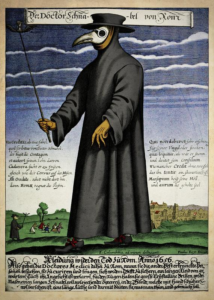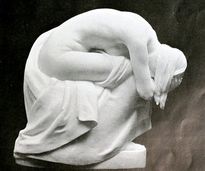I have been reading historical fiction for decades, and one can certainly call some of the classic novels of the literary canon historical fiction, though it is rarely done. HIstorical fiction, as a genre today, is prolific but often denigrated. And yet, there is deep value in a good historical fiction book. I’ve found that these stories are typically well researched and bring a stunningly realistic view into the everyday lives of people during a particular period of time.
Writing such good fiction requires strong research skills, certainly. That is essential. What is really tricky, though, is balancing the tremendous amount of research with a flowing, easily accessible writing skill. After having read thousands of these books, I’ve encountered two major pitfalls of historical fiction writers. One is that excellent research doesn’t always translate into an easily readable writing style. These writers may be great researchers (and are often scholars), but they, unfortunately have an awkward writing style and focus too much on setting a scene or period and tend to throw into too much detail, sacrificing character development. I’ve often picked up one of these books based on the period or event it covers, and perhaps impressed by the author’s credentials, only to find that the book is simply unreadable. The second major pitfall is when a writer brings 21st century sensibilities into another period of time, and it obviously doesn’t fit. Please don’t get me wrong on this: I do enjoy writers who explore societal conditions and prejudices, and I like characters who defy the conventions of the time. In every generation, there have always been iconoclastic individuals. There is, however, a dismaying tendency for some historical fiction writers to impart their main characters with 21st century phrasing, beliefs and actions. These books simply don’t ring true to the reader. I have to say that sometimes, if the writing is purely delightful, I can suspend that problem, but these are never my favorite books or writers.
Good news, though. Right now, there is a wonderful abundance of excellent historical fiction writers who shun those pitfalls and give the reader not only an immensely pleasurable reading experience but an amazing education on the time period and events covered in the book. This sort of education has never been found in the classroom or by reading textbooks. We readers depend on these writers to pull us into a new world that actually existed and is part of our history. I commend these writers! I’ve learned so much from them. You will find many of these writers in my reviews.








